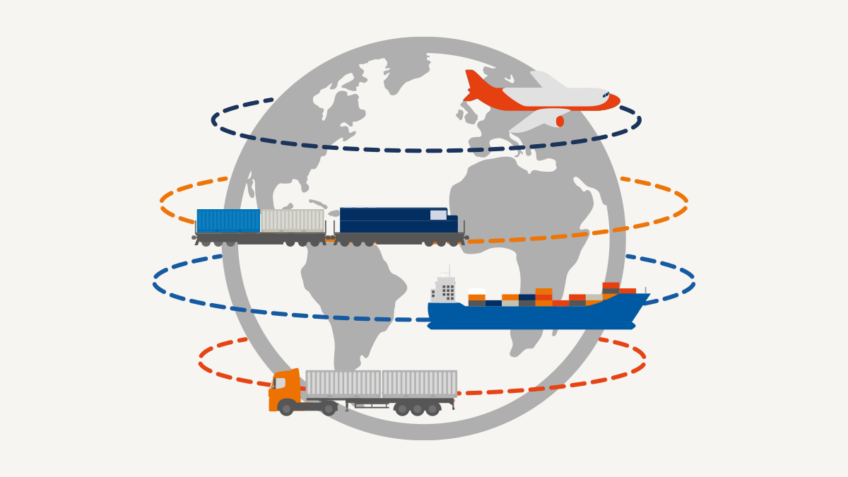The amended timetable in many ways made the event more important and relevant, giving BIFA Members an early opportunity to seek clarity from Government.
The timetable changes essentially impose a four-stage timetable, those for Stage 1 (1 January 2021) have long gone and to the credit of the sector have been largely dealt with. BIFA has long held that that was the easy stage, with the next stages, primarily dealing with imports from the EU to UK, being much more challenging. The new procedures, the operational complexities of integrating these into an existing manual and IT procedures, and the additional resulting workload which will reduce operational capacity.
The new timetable, as detailed at the meeting, comprises of:
Stage 2 – 1 October 2021
- On 1 October 2021 the requirement for an Export Summary Declaration for goods being exported from the UK to EU under a “Contract of Carriage is implemented.
Stage 3 – 1 January 2022
- The requirement for pre-notification of agri-food imports will be introduced on 1 January 2022 as opposed to 1 October 2021.
- The Delayed Declaration System ends, and all shipments will require a full fronter customs declaration (full or simplified).
- Goods Vehicle Movement Service (GVMS) becomes mandatory for all Ro-Ro movements via a non-inventory linked port.
Stage 4 – 1 July 2022
- The new requirements for Export Health Certificates, which were due to be introduced on 1 October 2021, will now be introduced on 1 July 2022.
- Phytosanitary Certificates and physical checks on SPS goods at Border Control Posts, due to be introduced on 1 January 2022, will now be introduced on 1 July 2022.
- The requirement for Safety and Security declarations on imports will be introduced as of 1 July 2022 as opposed to 1 January 2022.
The digital event, attended by 300+ BIFA Members and senior HMRC, DEFRA officials and personnel from the twinned ports of Calais and Boulogne, provided a valuable insight into the current situation and the number of questions submitted by those Members reinforced the fact that the decision to delay was the correct one.
The event provided an opportunity for Government to explain the changes to Members, and for it to receive a ‘reality check’, in the sense that much still needs to be done by both Trade and Government to ensure a successful final implementation of the policies. Members were able to emphasise their concerns that Government does not fully understand neither the complexity of the changes and the additional workloads.
BIFA personnel emphasised two key points to all attendees:
- On 1 January 2021 moving goods between the EU and UK ceased to be a transport operation and became a freight forwarding activity a far more complex activity.
- In effect trade was being asked to rebuild a supply chain between the EU and UK. Communication was key and all links in the chain had to fully understand who did what, when and work out a how. To try to say it was someone else’s responsibility and “upstream” the problem was not a realistic approach.
The digital event was a valuable opportunity for BIFA to facilitate a direct and frank discussion between Members and senior HMRC and DEFRA officials. The questions and general comments reinforced the concerns expressed by the BIFA to Government over a period of years on behalf of its membership. The meeting fulfilled in a digital format two of BIFA’s main goals, to keep Members informed and secondly to ensure that their views are expressed to Government officials.
Several presentations were delivered at the event, which are available here:
- HMRC on the twin subjects of GVMS and S&S declarations
- DEFRA on the procedural changes for importing SPS goods
- Two presentations from French counterparts on processes, particularly in the Port of Calais.
The event received a 97% approval rating from all attendees and based on feedback BIFA will be discussing with Government officials the best way to ensure that Members receive the additional information that they require. BIFA are in the process of collating all the questions submitted during the event and will be feeding the answers back to Members.
